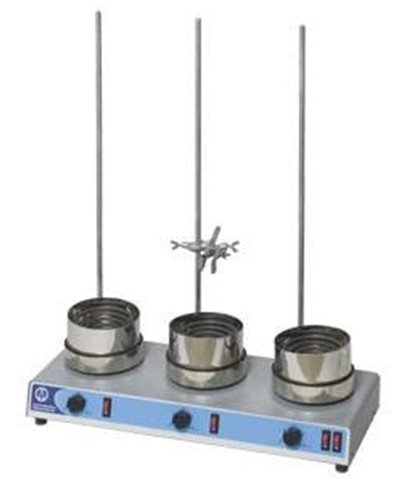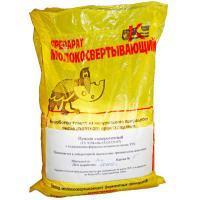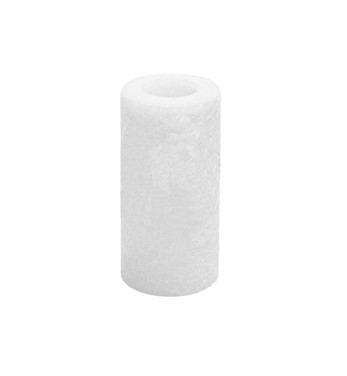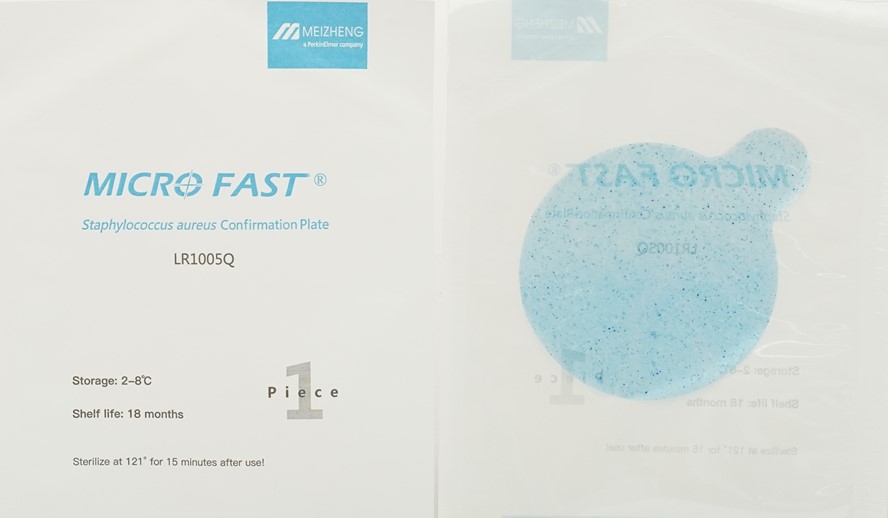NKR: Russian food products may become cheaper by the end of the year
Analysts of the National Credit Ratings (NKR) rating agency believe that after the restoration of supply chains, the settlement of trade margins for essential goods at the legislative level, the weakening of panic demand and retail discounts, following the results of the whole year, prices will adjust downward from current levels - by about 5 -7% relative to March. Analysts of the agency believe that prices from domestic producers will be reduced first of all.
At the same time, they do not rule out some further growth in prices for imported products in the event of new sharp fluctuations in exchange rates, as well as if the unfavorable situation in logistics persists or worsens. The main sectors of the domestic agro-industrial complex this year “will not fully feel” the impact of sanctions, and it is difficult to predict further developments. In the next five to ten years, the development of the breeding base, livestock breeding, seed production, aquaculture and seedling nurseries will influence the reduction in the cost of production of the Russian agro-industrial complex, NKR analysts believe.
At the same time, the dairy industry, due to its dependence on imports of breeding animals and bull semen, is most exposed to risks due to new sanctions. But, according to the NKR, this can stimulate the development of domestic dairy selection, but the formation of a new breeding herd will require significant investment, time and government assistance. In addition, the agency notes Russia's dependence on imported seeds. So, the largest share is in SUGAR beet - 90%, in sunflower seeds - 70%.
Stabilization of the exchange rate and supply routes will be a powerful factor in reducing inflation, said Daria Snitko, HEAD of the Center for Economic Forecasting at Gazprombank. “I think we will feel the effects of this closer to autumn, and inflation will begin to decline in both the food and non-food sectors,” she commented. According to Snitko, this year the sowing campaign will take place without any changes: the plan was formed back in the fall. True, for the main set of EXPORT crops, sowing will be increased as far as the reserves of materials and raw materials, primarily seeds, will allow, and there will probably be records. “As for the effect on the financial results of companies in the sector, they will depend more than usual on industry regulation. First of all, export quotas, price regulation,” says Snitko.
“Today, making any economic forecasts is economic charlatanism,” says Georgy Ostapkovich, DIRECTOR of the HSE Center for Market Research. — Because we do not know the whole set of sanctions maneuvers that the West can do. We do not know what counter-sanctions the Russian government will introduce. For example, in 2014 there was a ban on food imports. We also don’t know the roadmap for government assistance to businesses and people.” According to him, when these three issues are closed, it will be possible to make some adequate forecasts regarding prices for the year.
However, in any case, in May-June, with the arrival of the Russian crop of vegetables, food will start to become cheaper. And this process can last until September-October. In general, Ostapkovich continues, the production of basic food products in RUSSIA is localized, but the problem is that the industry needs imported equipment, agricultural machinery, packaging, seeds, etc. prepare for the next sowing campaign,” commented Ostapkovich. According to him, due to economic uncertainty, it is still difficult to talk about any specific percentage reduction.
“We are generally accustomed to the fact that prices are rising, not falling,” continues Ostapkovich. He believes that the main task now is to prevent a sharp increase in prices or keep them at current levels - "this will already be a victory." According to the expert, if food prices have already risen, they are unlikely to become cheaper. “If they take goods from an entrepreneur at new prices, then what is the reason to reduce them? Unless, of course, some strong competition appears on the market, but where does it come from? We have a monopoly of agricultural holdings, retail chains, wholesalers, in transportation, he argues. — I don't see underlying factors for price reduction by 5%. Maybe only for certain goods, if there is a good harvest. In this case, a more active price reduction is possible.”
Stores offer discounts. Chains want suppliers to cut prices and return promotions
At the moment, there are two factors that can influence price reduction in the long run - competition and monopoly. Ostapkovich believes that with an increase in the number of small farms, prices may go down; growth in brick and mortar stores, fairs, etc. will have the same impact. “But this requires some management decisions,” the expert adds. On the other hand, what is happening now is not an economic crisis, but a geopolitical one, and it can be quickly resolved, he concludes.



























































